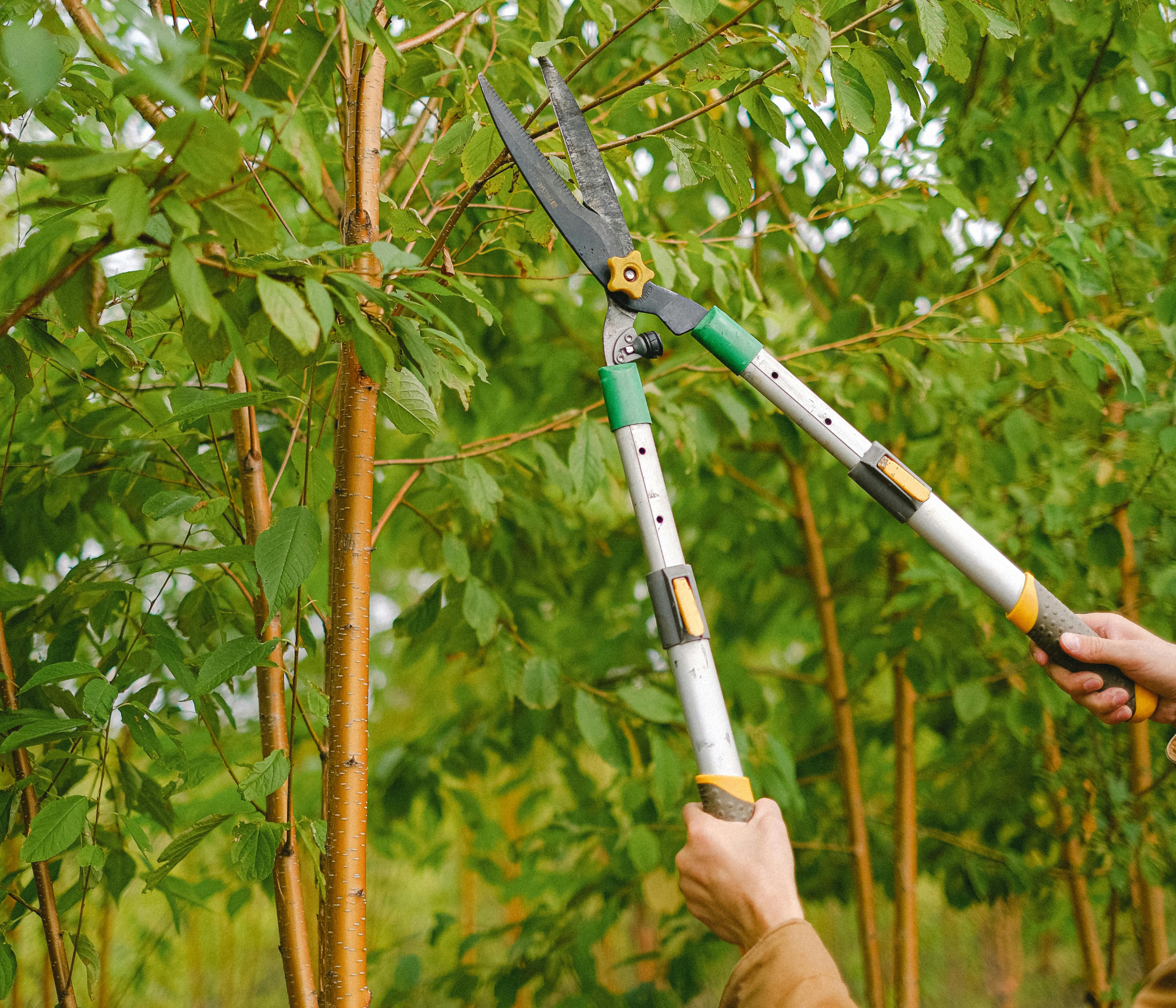The "Adolescent" stage of follower development, akin to the teenage years, is a critical period where initial enthusiasm fades, and individuals start testing boundaries while seeking greater responsibility. Leaders must adopt a coaching approach that balances support and accountability, addressing behaviors that don’t align with organizational values, reinforcing early wins, and consistently adhering to established boundaries and goals. By proactively coaching and maintaining a positive environment, leaders can help their team members navigate this transitional phase and continue their growth into confident, competent contributors.
The Leader as a Gardener of People: Seedlings
The post compares leadership to gardening, focusing on how leaders must nurture "seedlings"—new employees or followers—by providing guidance, support, and the right environment for growth. It emphasizes the importance of adapting leadership styles to meet the developmental needs of these individuals, particularly during their early stages. By understanding the balance between aptitude and attitude, leaders can effectively cultivate and develop their team's potential.
Unleashing The Leader Within: More Insights from the Institute for Organization Management
In my recent experience at the US Chamber's Institute for Organization Management, I explored the importance of trust in leadership and the concept of "Level 5 Leadership," which emphasizes humility, resolve, and crediting others. The course also covered essential skills like Fanatic Discipline, Productive Paranoia, and Empirical Creativity, highlighting the importance of creating a compelling vision for organizational success. By fostering environments where trust and motivation thrive, leaders can drive their teams toward long-term success and growth.
Managers Who Motivate: A Preview from the US Chamber's Institute for Organization Management
I am excited to share that this week, as a faculty member of the US Chamber's Institute for Organization Management, I will be teaching over 30 enthusiastic nonprofit leaders on a subject close to my heart: "Managers Who Motivate."
Grief, Loss and Leadership
Mastering Facilitation: Your Go-To Script
Effective listening is essential for successful facilitation. This involves techniques like paraphrasing, asking open-ended questions, and synthesizing ideas. Skilled facilitators also track opinions, engagement levels, and group feedback. Here is your go-to script to handle many items you might run into as a facilitator.
No, You're Not Supposed To Be The Most Dominate Voice In The Room: The Leader as a Facilitator
A top-level community leader excels by facilitating team interactions rather than dominating discussions. Their focus should be on managing the process and relationships within the team, allowing team members to share content and ideas. Like a conductor guiding an orchestra, a leader's role is to support collaboration, ensure balanced participation, and create an environment where everyone feels heard and valued.
The Power of Trust in Leadership
Community Conflict: Regulate, Relate, and Reason
In an era of escalating conflicts, understanding how to manage disagreements is crucial for personal and community well-being. This blog post explores the essential steps of regulating emotions, relating to others, and reasoning effectively to foster safe, connected, and productive environments. Learn practical strategies to transform conflict into constructive communication and collaboration.















